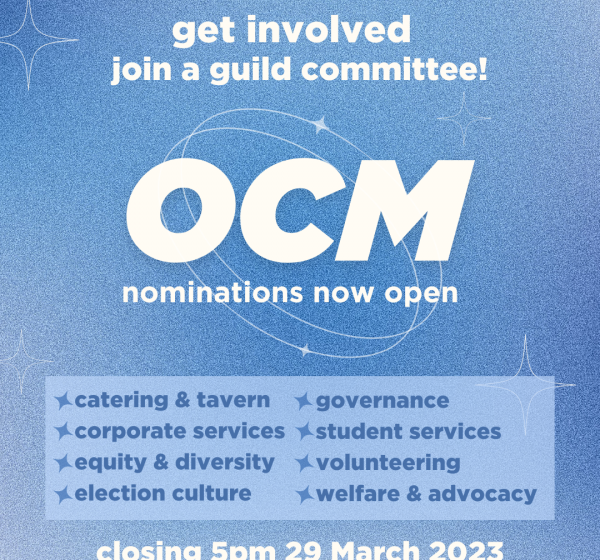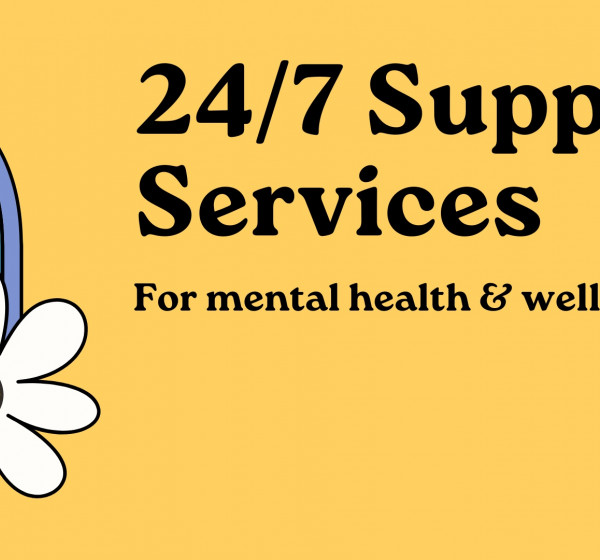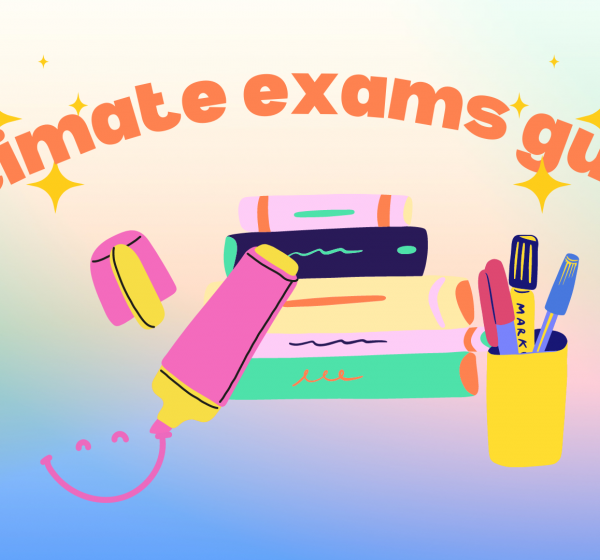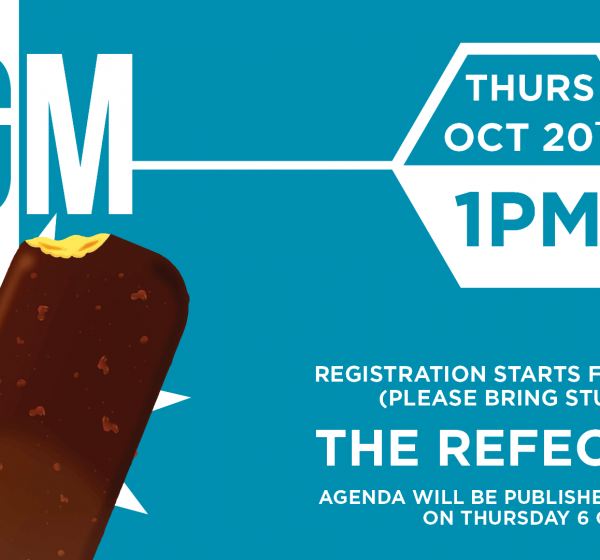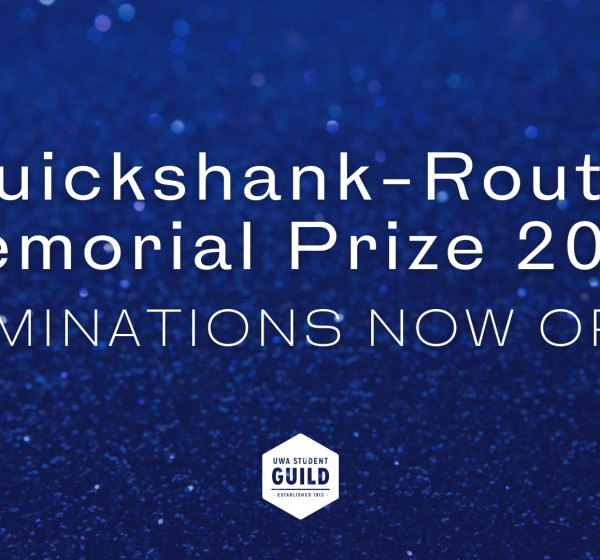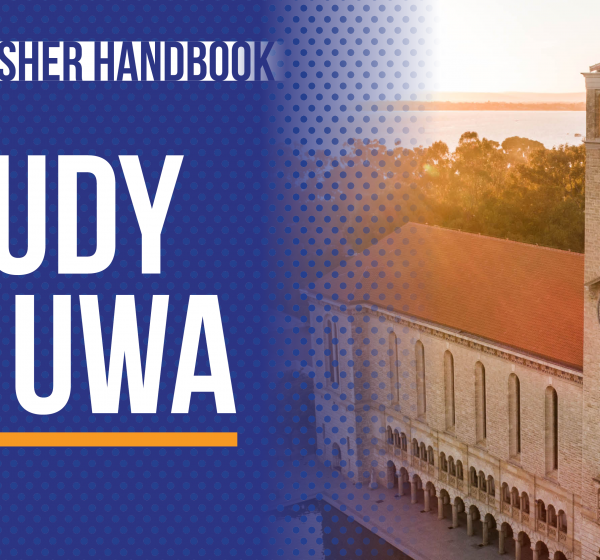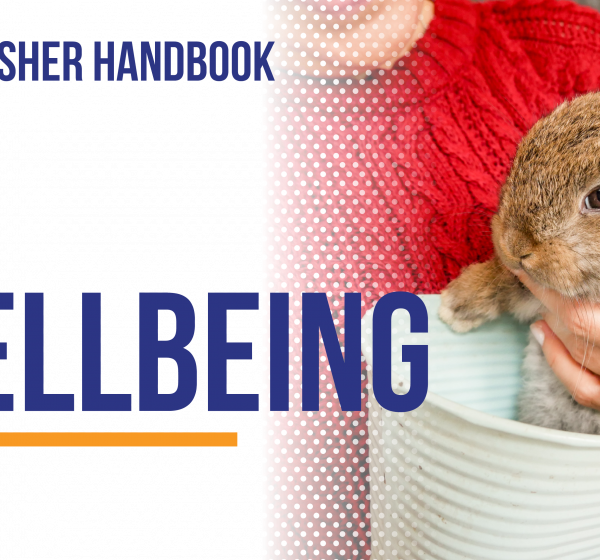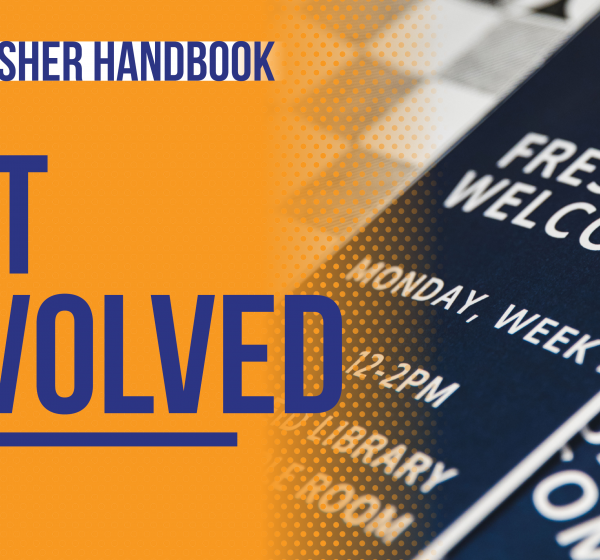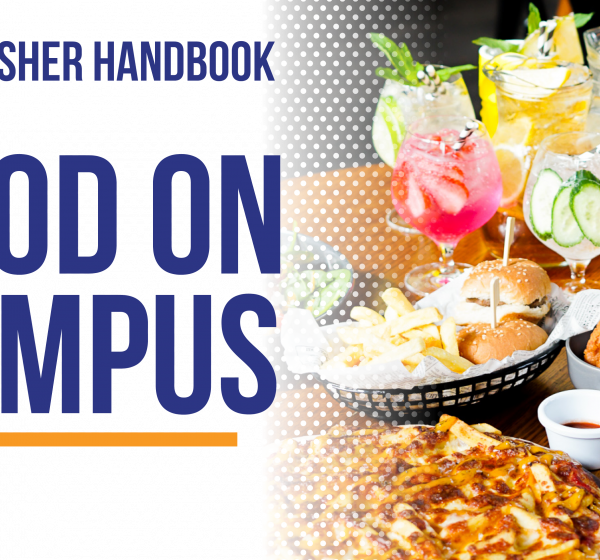Hello Reader, quite a lot has happened in the Education Council since I last wrote. Importantly, we have been quietly working on our anti-cheating campaign (led by our VP Jay) to help students navigate an ever-changing world in technology. Yes, that is indeed an allusion to Chat GPT: the application sending shockwaves around university campuses all over the world. But first, I want to give you some general tips for time management and assessment planning, as well as some guidance on where to look for help if you’re feeling stressed or anxious lately.
The Week Four Crisis
The week just passed is what I commonly refer to as the “Week Four Crisis”- a reference to how all of your assignment deadlines are suddenly not something in the distance anymore. As a Unimentor, I’m hearing a lot about how students tend to cruise through the first couple of weeks of semester before suddenly gaining an awareness of just how much there is to do!
I have a general rule that if any assignment has a high weighting (>30%) should be planned at least a month in advance, so that you can overcome the urge to procrastinate it in the week before it’s due. Your first plan or draft for an assignment is often the hardest part because you don’t know where to start. Highlighters and sticky notes can help to to emphasise ideas and come up with key words to use when it comes time to look for academic sources in OneSearch.
Remember that no one is going to see your draft, so feel free to write down whatever comes to mind, and then you can refine it later on as you prepare to write your assignment. Drafting is a crucial part of writing assignments and definitely something worth learning how to do if you don’t do so already.
Anti-Cheating Campaign
Among the many things Education Council is working on this year, we are launching an Anti-Cheating Campaign in collaboration with the University. We've identified 3 problem areas that are commonly occurring in academic misconduct, and how to avoid them.
Plagiarism
Avoiding plagiarism:
- Provide in text citations where you’ve used information from sources other than yourself.
- Provide a full reference list with all sources used.
- Include page numbers and quotations marks when using direct quotes.
- Ensure you paraphrase correctly (in your own words).
- Most importantly, produce your own researched and referenced work, not someone else’s.
Examples of plagiarism:
- Paraphrasing incorrectly is the most common form of plagiarism, only changing one or two words is not an acceptable paraphrase.
- Collusion is presenting someones work as your own. This can range from borrowing an assignment or essay from previous years, having someone edit your work or submitting assignments written by someone else.
- Incorrect referencing will not just make you lose marks, it is another form of plagiarism. This might be referencing in the wrong place or citing a person for information they weren’t responsible for.
- Self-plagiarism – believe it or not you can plagiarise yourself! Self-plagiarism is submitting the same work you’ve done for more than one assignment or making minor changes to a piece of work you’ve already used.
Consequences
for plagiarism:
Incorrect referencing and improper paraphrasing: Counselling and
resubmission of work. NO grade penalty, but if it happens again there will be
marks deducted or students will be given a zero and no chance to resubmit.
Self-plagiarism and up to 25% plagiarised work, collusion: Depends on their history. Students may be able to revise or resubmit, however marks will be deducted, and if it happens more than once a fail for the unit will occur and students may be reported for unsatisfactory academic progress.
Plagiarism of more than 25%: Students fail the unit and will be directed to Director of Studies. If it happens more than once students will fail all assessments for the term and receive a warning letter and if it happens enough times could face a cancellation of student visa.
SOURCES: UWA Student Guild and the University of Western Australia.
ChatGPT Misusage
When can you use AI Technology?
- Can be used on a limited basis in research and assessments as an educational or study tool.
- Aren’t a replacement for a students thinking or analysis skills and may only be used in Assessment when it is permitted by a Unit Coordinator.
- If it is permitted, it must be properly referenced and cited as your own.
Basic Summary:
They must be appropriately cited and referenced, along with any other sources used;
(ii) there must be a clear indication of where in an assignment AI-generated material is used; (iii) it is the responsibility of the student to check the accuracy of all information generated by AI study tools;
(iv) it must be ensured that the final product is the student’s own work, creation and analysis, and not just copied from an AI generator.
What you can’t do:
- If you don’t cite the AI Tool, it can be considered a form of plagiarism as the source of your material is not cited.
- You must not use an AI Tool and claim its language as your own.
- You cannot submit for assessment any work that is not your own.
- You must not use an AI Tool for assessments where it is not permitted.
Consequences:
- Failing an assignment
- Failing a unit
- Failing your degree
- Having your degree retracted by UWA (even after graduating)
Please remember, AI shouldn’t be used as a first resort - there are many resources to help you if you are struggling and many people you can talk to for proper usage.
- Student Assist: [email protected]
- UWA Living Room
Source: University of Western Australia
The point of this campaign is to educate students on the different forms of academic misconduct so they can avoid penalties but also to connect them with any support services if they are struggling with their workloads. Look out for these campaigns on all UWA Student Guild pages and don’t hesitate to contact me for any more information or clarification at [email protected] - Jay Williams (Guild Education Council VP)
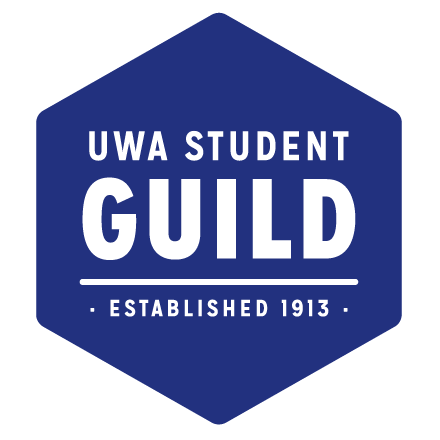
 Jelena Kovacevic, Chair of Council
Jelena Kovacevic, Chair of Council 